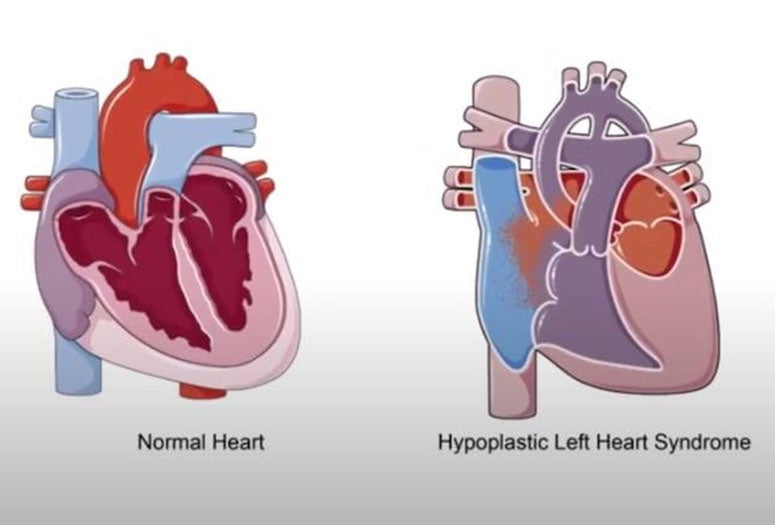A project that uses data science techniques to help save babies with congenital heart defects won the Fall 2020 Virtual Showcase held by Rice University’s Data to Knowledge Lab (D2K Lab).
Ten student teams competed in the end-of-semester event to show their work with the D2K Lab, which connects community members with student expertise in the analysis of data that can make a difference to society.
The winners on Team Cardiac Signals, all senior electrical and computer engineering majors, developed a method to detect instabilities in the hearts of infants to warn of problems automatically and in real time. Using electrocardiogram data from 44 patients at Texas Children’s Hospital, they found subtle signals that could warn of an impending cardiac event hours in advance.
Team members, who will each get $250 prizes, are Aneel Damaraju, Frank Yang, Kunal Rai, Chiraag Kaushik, Tucker Reinhart and Andrew Pham. Damaraju and Yang are also physics majors; Reinhart and Pham are also computer science majors. Their sponsor is Rice alumnus Sebastian Acosta, an assistant professor at Baylor College of Medicine and Texas Children's Hospital.
The honorable mention award, worth $100 per student, went to Team OpenStax for its development of an approach to reduce gaps in academic achievement among high schoolers by identifying students who are falling behind in advanced placement courses.
Members of the team are Connor Rothschild, a senior studying social policy analysis; Diksha Gupta, a senior computer science major; Jessica Wang, a professional master's student in statistics; Parker Graham, a senior statistics and computer science major; and Stephanie Xie, a senior studying computer science and cognitive sciences. They were sponsored by OpenStax and mentored by Rice research scientist Debshila Basu Mallick.
An audience choice award worth $50 to each student went to Team Intterra, which aimed to reduce risk to the community by minimizing fire and medical emergencies. The team identified risk factors by assessing and analyzing emergency incident data across a wide area.
Members are Patrick Kidd, a senior economics major; Angela Lin, a senior computational and applied mathematics major; Emily Wang, a senior studying statistics and mathematical economic analysis; Ray William, a junior computer science major; and Sean Zhang, a senior statistics and sociology major.
They were sponsored by Rice alumnus Brian Collins, chief executive officer of Intterra, which makes cloud-based data visualization software for fire agencies.
Other teams focused on anomaly detection in oil and gas operations, a chatbot to build personalized profiles and monitor COVID-19 patients, a tool to monitor urban and rural air pollution during the pandemic, the impact of COVID-19 on Houston’s emergency medical services, a method to detect post-operation arrhythmias in children with congenital heart disease, an anomaly detector for oil and gas compressors and a way to classify patients at risk of macular degeneration via genomic data.
“Our goal is to be a campus hub for experiential learning and data science,” said D2K director Genevera Allen, an associate professor of electrical and computer engineering, statistics and computer science, who noted all of the teams collaborated remotely this semester.
“We try to give students at Rice, across the university, opportunities to learn through real experiences on real data sets sponsored by people who have a real vested interest in questions that can be answered through data science,” she said.
“The best people to showcase what the D2K Lab is about are really our students,” Allen added.

